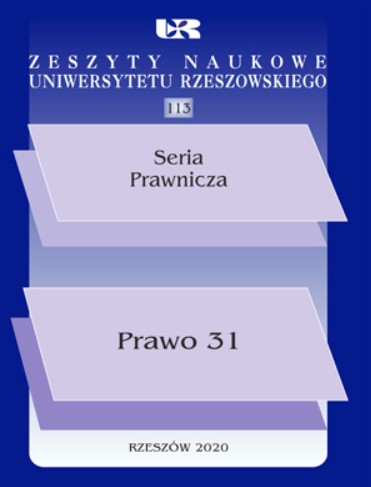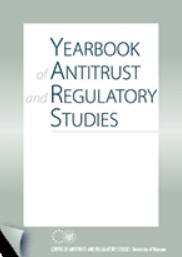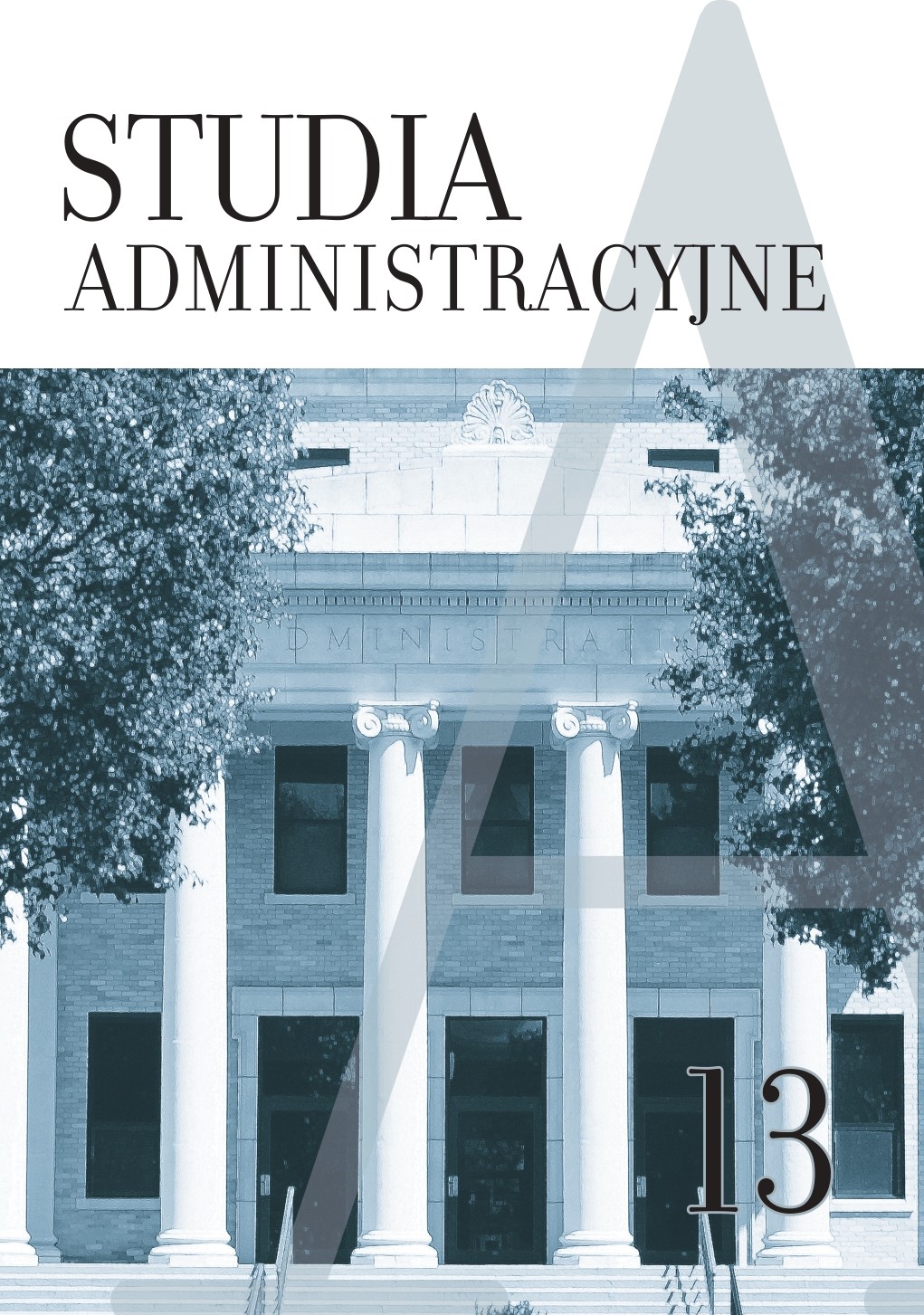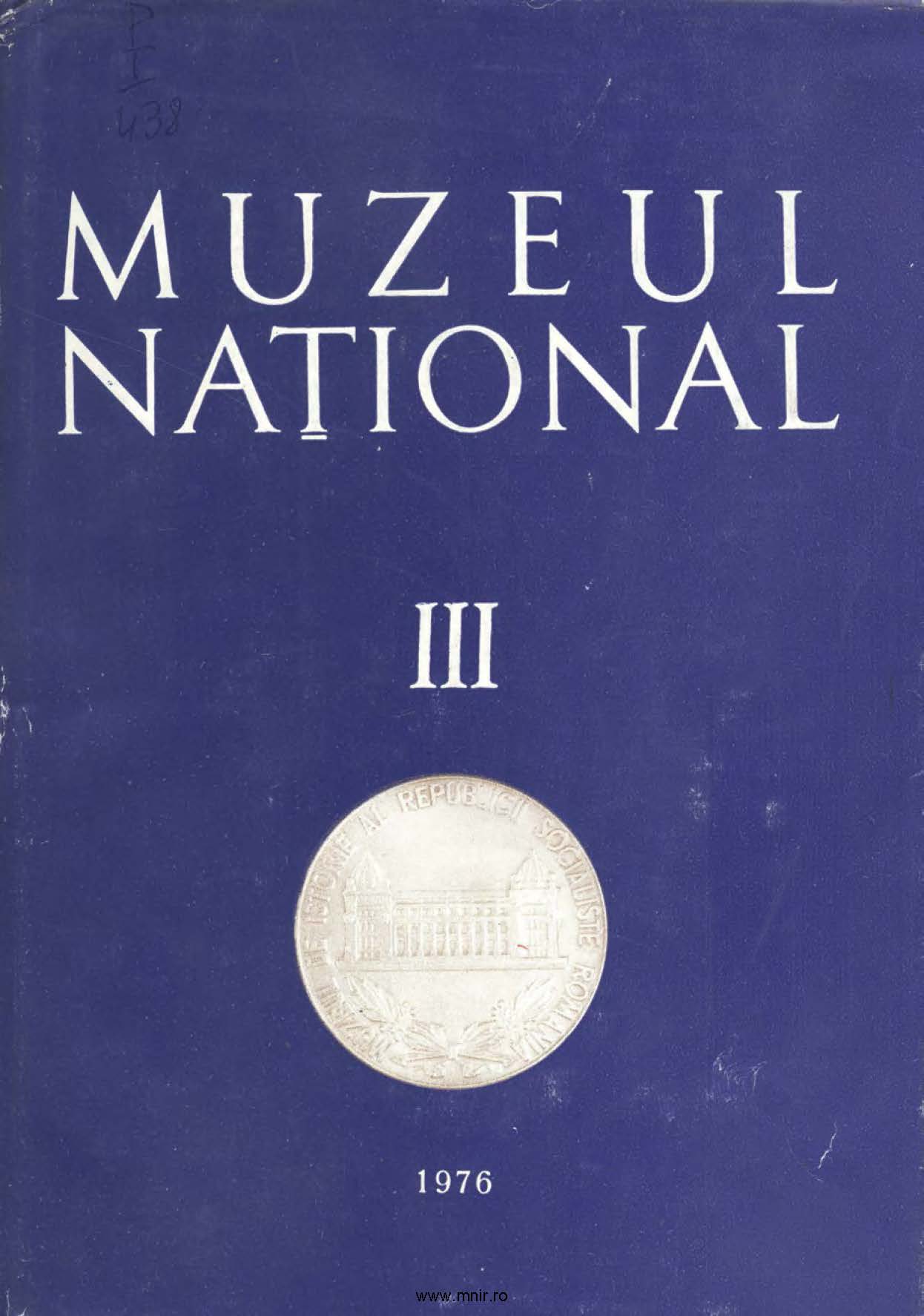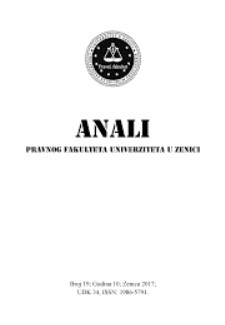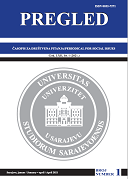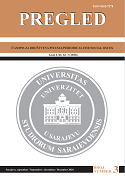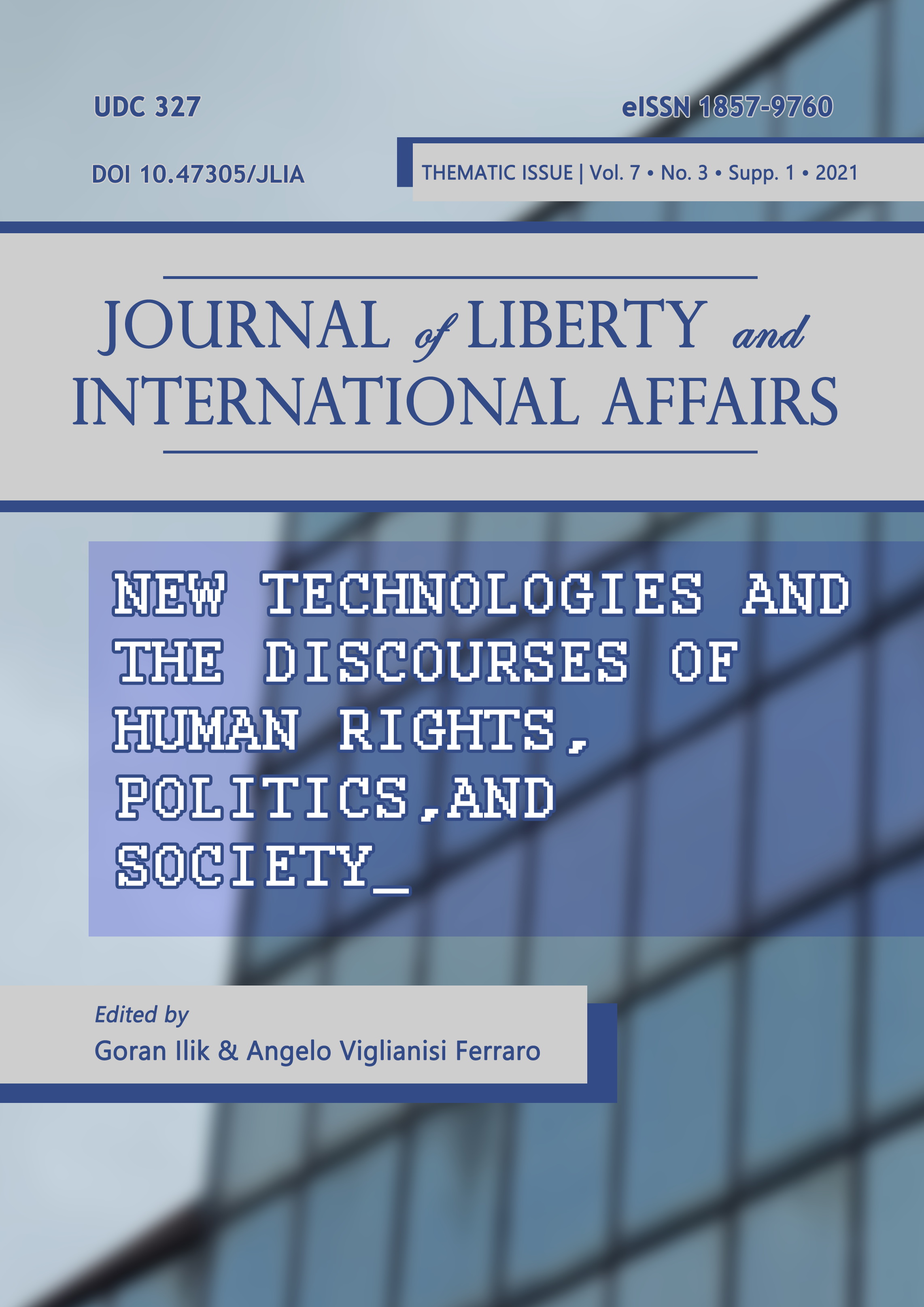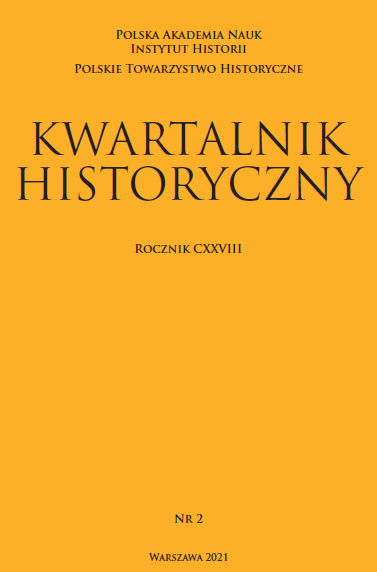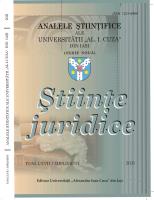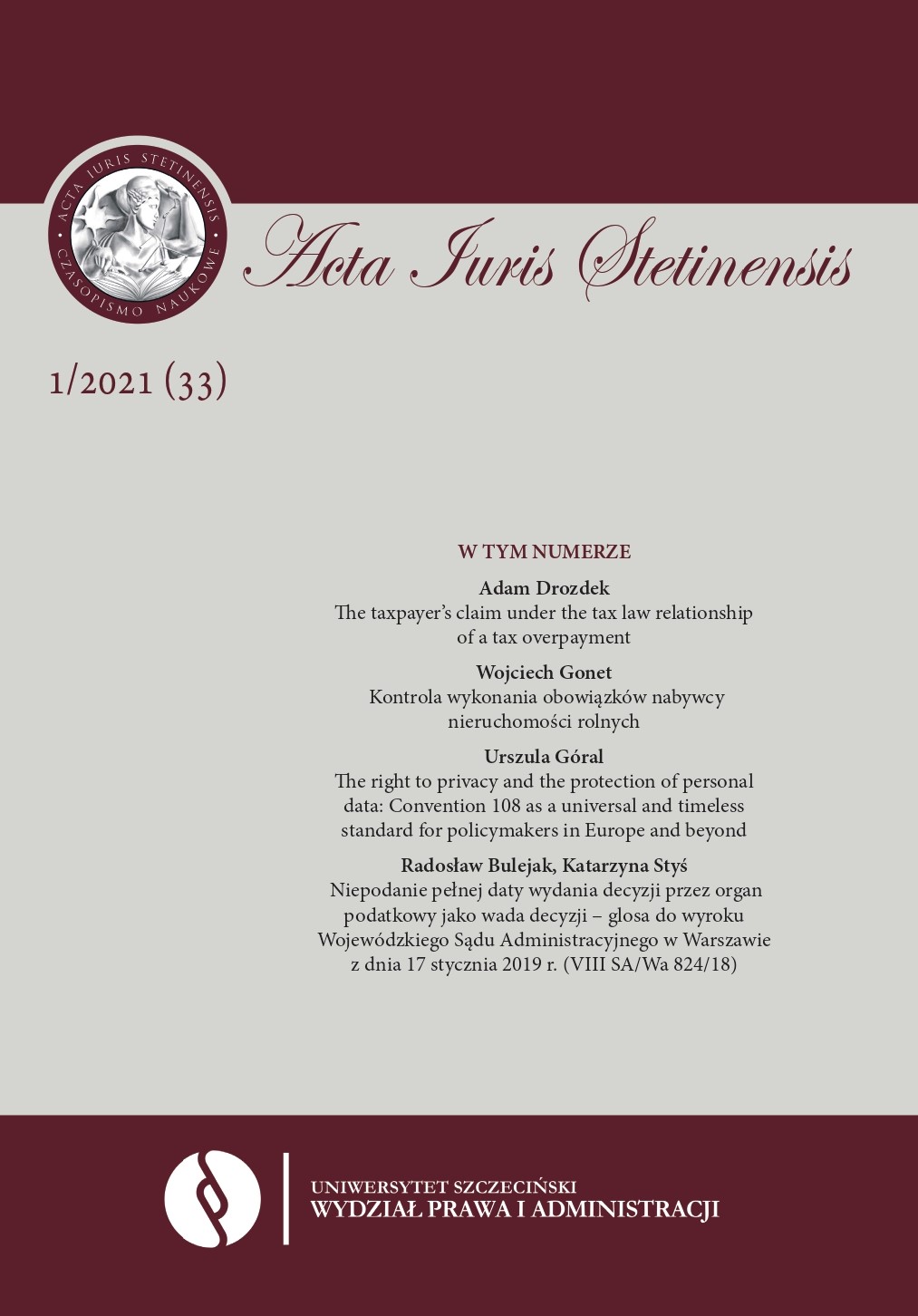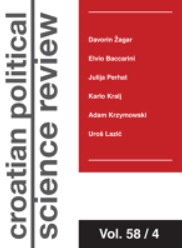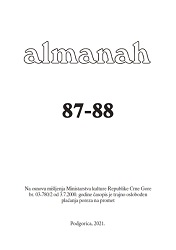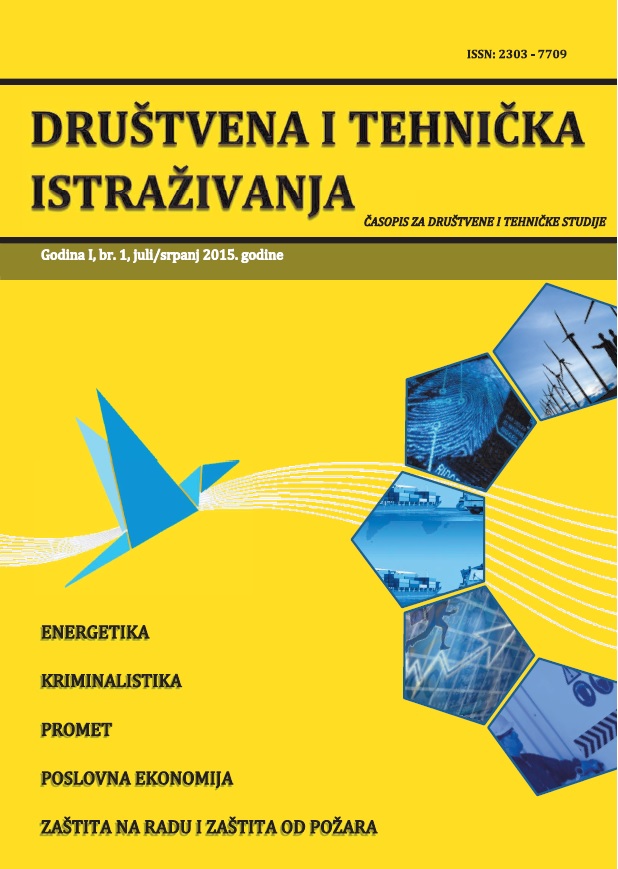
POSEBNE ISTRAŽNE RADNJE I NJIHOV ZNAČAJ U ISTRAŽIVANJU KRIVIČNIH DJELA
Although it looks simple, the investigation of criminal offenses, in reality, is a labyrinth composed of a multitude procedures, barriers dilemmas and questions. The closeness of the object of research sometimes makes complex for consistently distinguishing criminalistics and criminal procedural law. Problems of form (criminal procedural law) and content (criminalistics) in many interferential issues are so intertwined that the strict differentiation would not only be difficult, but dangerous. Criminalistics must know the technical and tactical methods and means, because otherwise it's not criminalistics. In the contrary, it would look like to an almost unthinkable criminal practitioner who knows the general provision of the Criminal Code, but does not know his special part and conversely (Korajlić, 2012.). Investigation of crimes by the police is a criminal cognitive activity and it must present purposefully planned and organized succession of operational measures and activities and investigative actions aimed at finding, collecting and providing of the object of investigation.
More...

